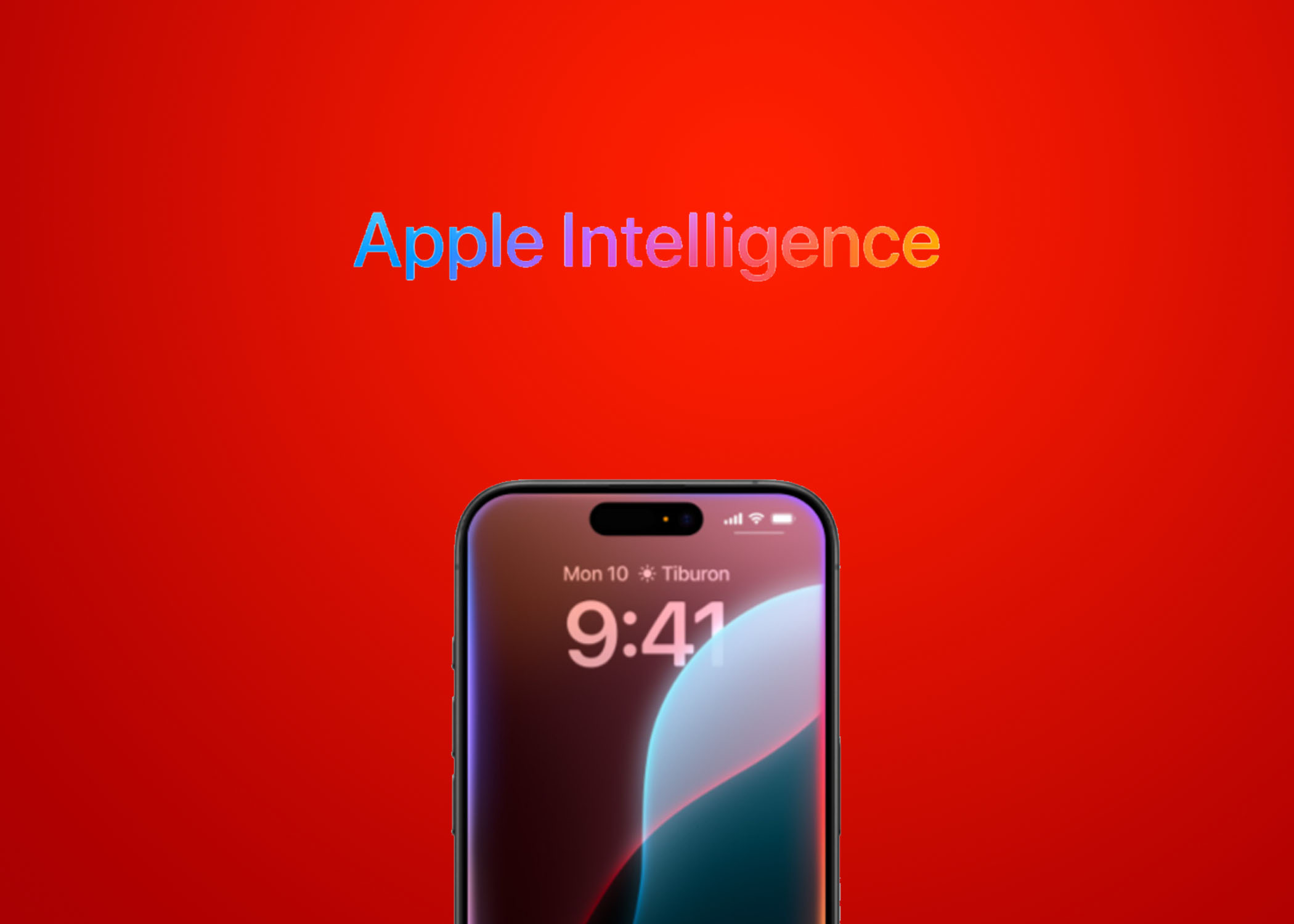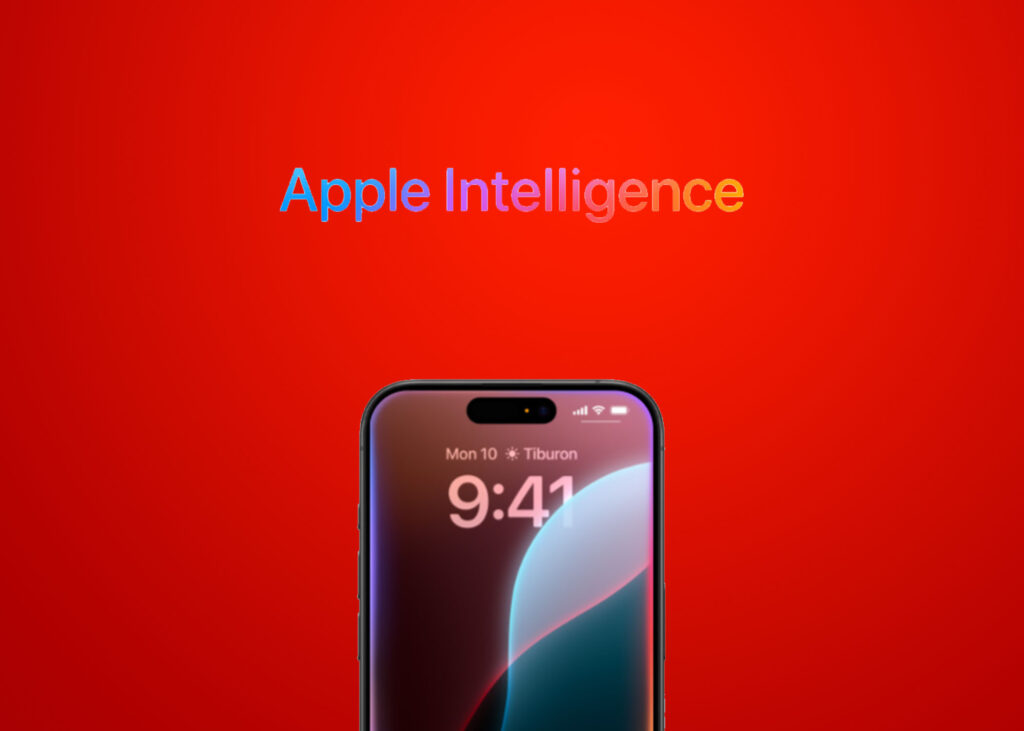When Apple introduced Apple Intelligence at WWDC 2024, many were surprised by its incompatibility with the latest iPhone 15 and iPhone 15 Plus. The system works with Pro models but not entry-level ones.
A Medium report by Apple analyst Ming-Chi Kuo offers some explanations. The main issue appears to be memory.
The iPhone 15 has an A16 Bionic chip with 6GB of memory. In contrast, the iPhone 15 Pro features an A17 Pro chip with 8GB of memory. Apple Intelligence needs a device with at least an A17 Pro or M1 chip, which has 8GB of memory.
Kuo suggests that Apple Intelligence requires 2GB or less of spare memory. The A16 Bionic’s 6GB memory is likely used by other processes, leaving insufficient space for Apple Intelligence. The A17 Pro’s 8GB provides the necessary extra memory. This fits with Apple’s upgrade strategy and makes technical sense.
Kuo supports his claims with more details. He notes that Apple Intelligence uses a 3-billion-parameter large language model needing about 0.7-1.5GB of memory when compressed. The A16 Bionic may not have enough spare memory for this.
Furthermore, the M1 chip has less processing power than the A16 Bionic (11 TOPS vs. 17 TOPS). This indicates that processing power is not critical for Apple Intelligence’s compatibility; memory is.
Kuo also compares Apple Intelligence with Microsoft’s AI Copilot+ PCs. Apple Intelligence requires 11 TOPS of processing power, while Copilot+ needs 40 TOPS. This shows Apple Intelligence’s efficiency, enabling it to run on various iPhones and Macs.
Some believe Apple set high requirements for Apple Intelligence to encourage upgrades. However, this does not explain why the four-year-old M1 chip is still supported. Kuo’s analysis suggests that the technical specifics of the chips are the real reason. This insight may not console iPhone 15 users, but it clarifies Apple’s rationale.


